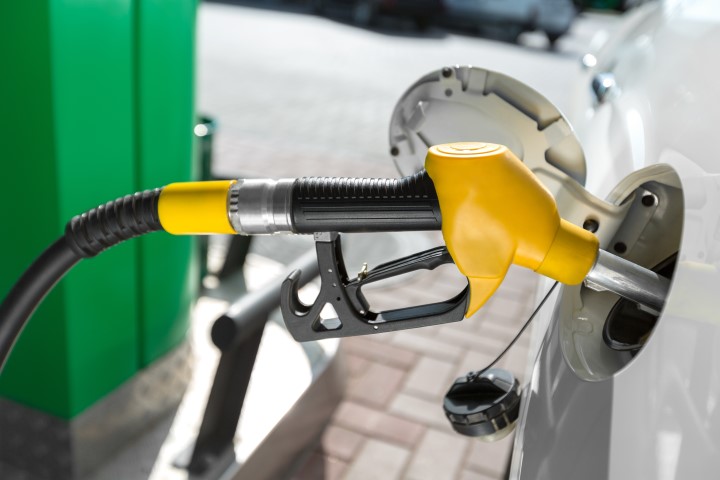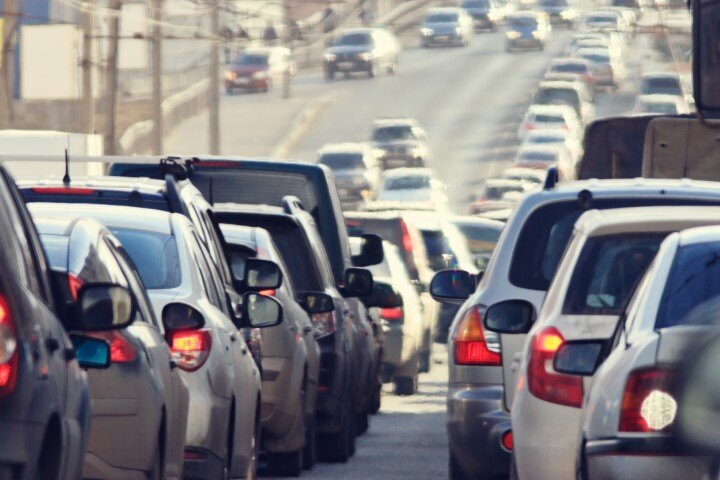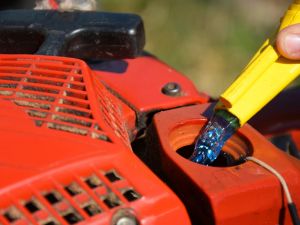World's largest "waste-to-ethanol" plant attracts royalty
The holy grail for ethanol has always been "can we make ethanol for gasoline out of stuff we can't eat?" More specifically, the big issue has been...

 Ethanol is a fact of life now, with 10% ethanol blends being commonplace for a number of years. 15% ethanol has passed all of the approval stages and should be commonplace in the fuel supply within the next year.
Ethanol is a fact of life now, with 10% ethanol blends being commonplace for a number of years. 15% ethanol has passed all of the approval stages and should be commonplace in the fuel supply within the next year.
Some states like Minnesota are doing state-wide mandates to go up to 20% ethanol in the next five years, if not sooner. All of these mandates are aimed at improving air quality and reducing air pollution from fuel emissions, which ethanol blends achieve through the lowering of harmful emissions.
In many states, it’s hard to find a gas station that isn’t selling at least 10% ethanol in their gasoline; you see the warning stickers on all of the pumps. Popular web sites like www.pure-gas.org show that there are less than 8,000 stations in North America where you can find ethanol-free gasoline. Most people don’t really know why it’s put into gasoline; they just know they may have heard bad things about it. Ethanol is classified as an “oxygenate”, meaning it increases the oxygen content of the fuel that it is blended into. More oxygen in the gas means more oxygen in the exhaust. This is a great example of how the EPA has historically used government mandates (as allowed by the Clean Air Act) to force the introduction of oxygenates into gasoline, as a way to help reduce emissions like carbon monoxide and improve urban air quality.
Here are four things that you need to know about the use of ethanol fuel.
Most consumers do not know that there is a difference between on-road gasoline and off-road gasoline. Off-road gasoline is the fuel that is used by the vehicles and equipment that do not travel over the road. This means boats and generators, small equipment and two-cycle engines like lawn and garden equipment. For everybody else, on-road gasoline contains some percentage ethanol by law virtually everywhere that you will find. In some states it is even illegal to dispense non-ethanol gasoline into an on-road car or truck or motorcycle.
Being highly hygroscopic, ethanol will enable whatever fuel it's blended with to absorb more water. Water in fuel is rarely a good thing, and causes a number of problems for the equipment that uses that fuel. One big problem is a tendency that is called phase separation, which relates to the fact that an E10 or E15 ethanol blend can only absorb so much water.
If the ethanol fuel absorbs ulls too much water, phase separation occurs - the ethanol comes out of solution with the gasoline. Essentially, the mixture breaks apart. When this happens, it destroys the quality of that gasoline and strips away a good amount of the octane rating of that fuel. You end up with poor quality gasoline and a layer of water and gasoline in the bottom of your fuel tank that can damage your engine if it’s sucked up into the combustion chamber by your fuel line.
NOTE - Some people have taken issue with describing this phenomenon a "ethanol attracts water from the air." They dispute the exact mechanism or way by which this happens. even going as far as suggesting that if the ethanol molecules directly next to the air don't "jump up" and grab water vapor from the air, none of this is true. This is a semantic argument. However exactly it's described to happen, the fact of the water is that alcohols like ethanol facilitate an increased attraction to water.
Ethanol destroys two – cycle engines by interfering with the lubrication that the fuel oil mixture provides. Remember that 2-cycle engines use oil mixed into the fuel to provide their essential lubrication. The oil in the fuel bonds to moing metal parts to keep the engine running. Ethanol fuel absorbs water, and that water can prevent the oil in the 2-cycle fuel from bonding to the metal services. This causes catastrophic engine damage and gives a lot of business to small engine repair shops everywhere.
We get questions every so often from consumers who are concerned about problems from the E10 fuel that they have to use. They ask us, if there’s an additive you can add to ethanol fuel to remove the ethanol from the gasoline. We tell them no, there is no fuel additive that will accomplish this. If someone tells you that they can do that, we would advise you to run the other way. The only thing that you can do to prevent damage or problems from the ethanol fuels available at your local gas station is to use a fuel additive to treat the problems and symptoms themselves that ethanol causes in your engine and fuel system. There’s nothing you can add to ethanol fuel to make the ethanol go away.
The holy grail for ethanol has always been "can we make ethanol for gasoline out of stuff we can't eat?" More specifically, the big issue has been...

Almost all legislation about adding ethanol to gasoline is aimed to cut greenhouse gas emissions from a car’s exhaust. So, with several years’ of...

It’s wintertime and most of us (except for the lucky Floridians) have put our small equipment up and away for the winter. 2010 was a rough year for...